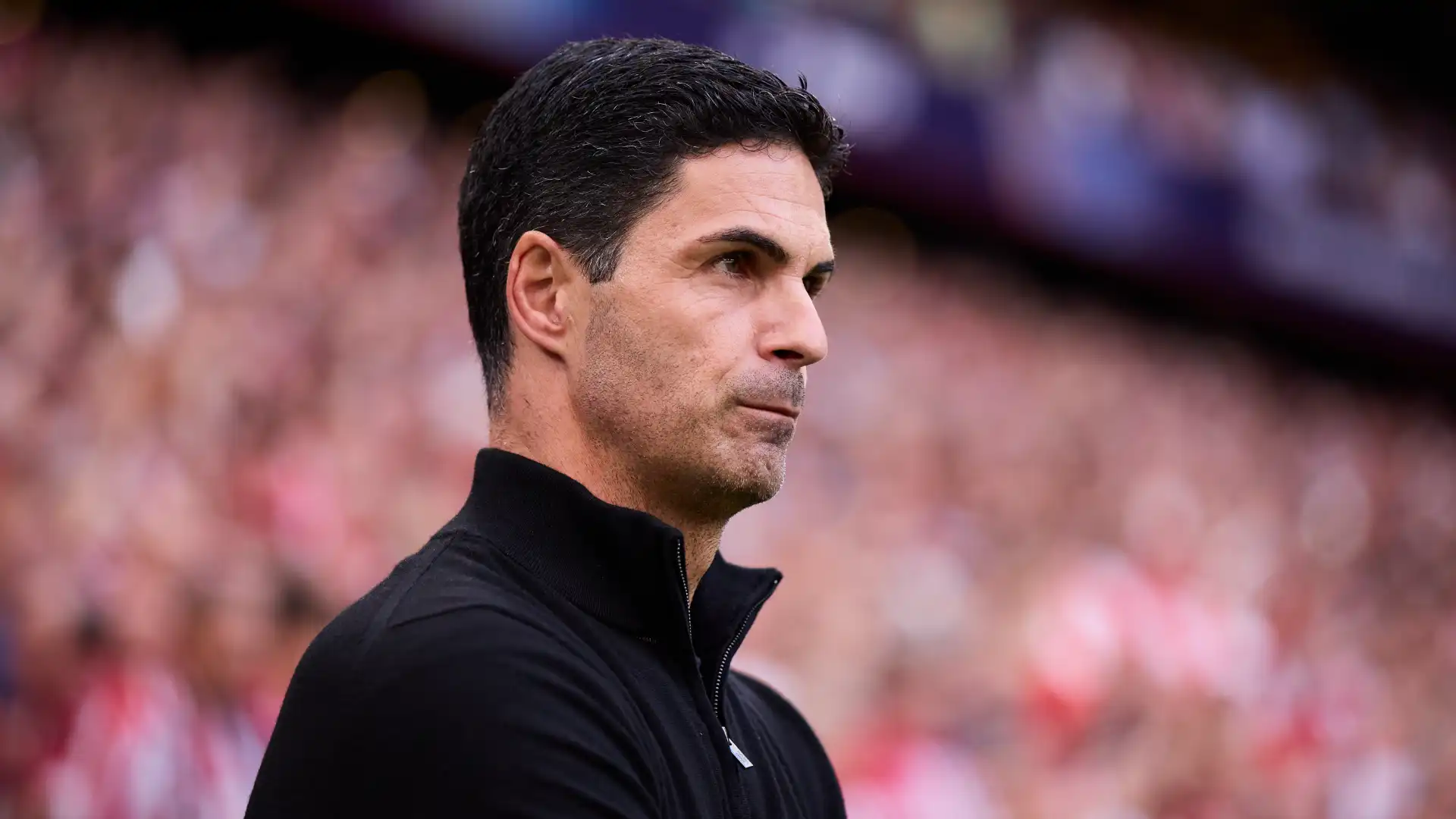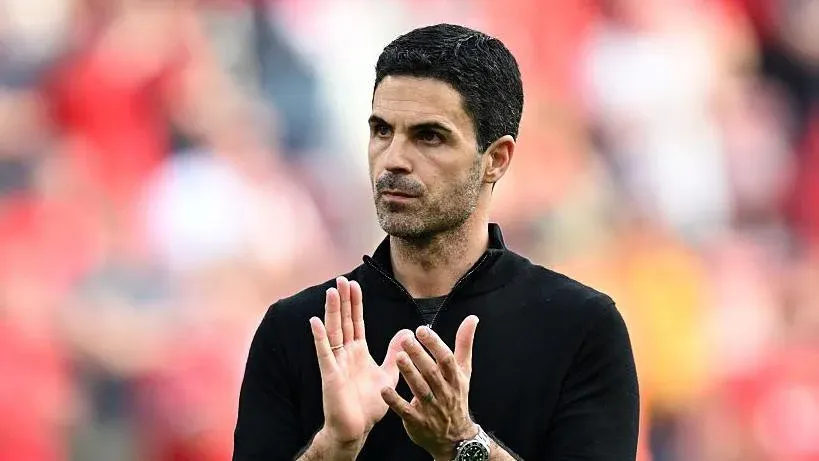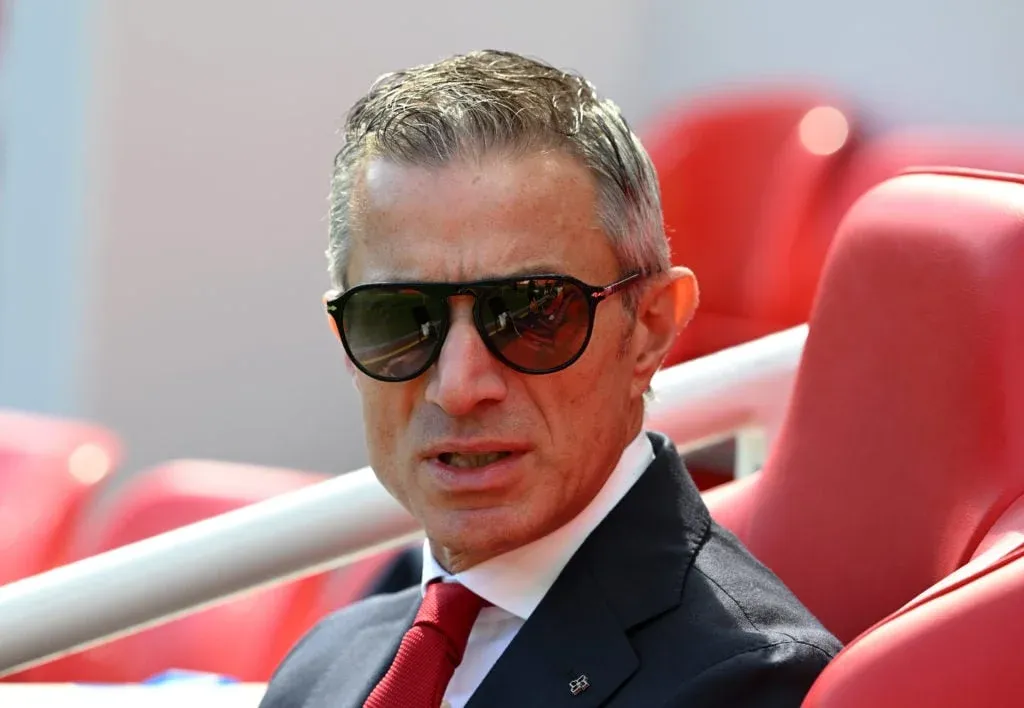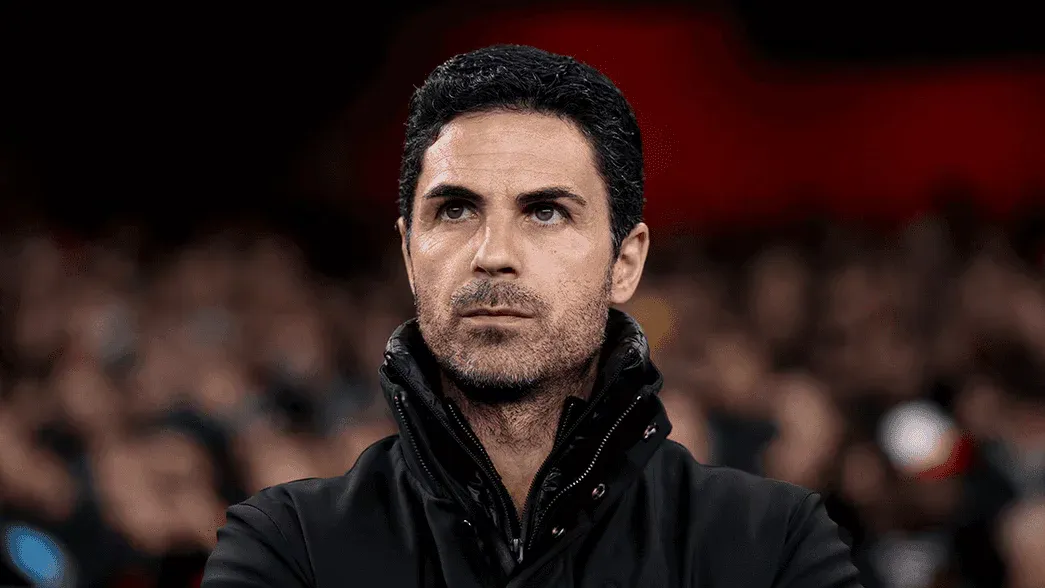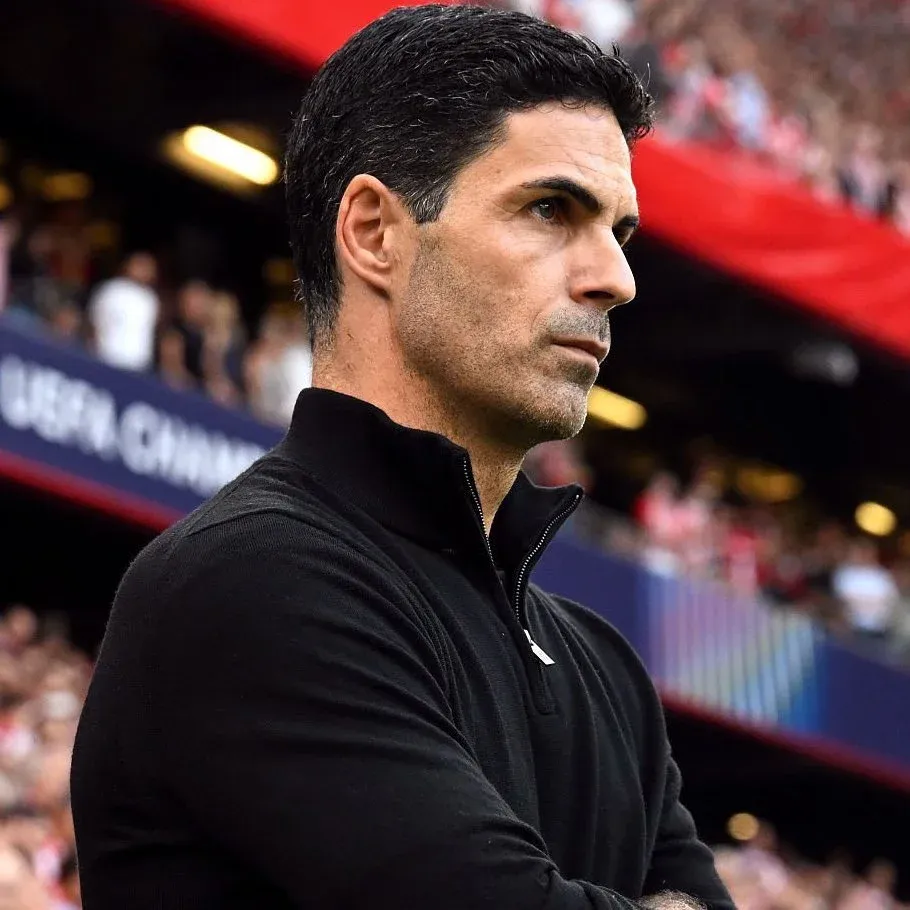
Why Arteta’s ‘Pragmatism’ Against City Was the Right Call

Gabriel Martinelli’s stoppage-time lob saved Arsenal from defeat against Manchester City, but the bigger talking point wasn’t the Brazilian’s cool finish. It was Mikel Arteta’s team selection. Again.
The Arsenal manager is facing the familiar accusations of being too cautious in big games. Jamie Carragher said he “wasted 45 minutes” by not starting Eberechi Eze. Roy Keane doubled down on his old line: Arteta is “not a risk taker.” But do these criticisms oversimplify what happened at the Emirates?
City Scored Early, Then Parked the Bus
Erling Haaland’s ninth-minute strike turned the game on its head. From there, Pep Guardiola’s side set up in a narrow 5-4-1 block that occasionally became 5-5-0. That shape is brutally hard to break down. Arsenal’s job instantly shifted from trying to control a normal Premier League game to finding a way through one of the deepest defensive units you’ll see at this level.
This is why the first-half looked cautious. Arsenal weren’t short of ideas, but against City’s compact middle, there were no obvious gaps. Arteta’s midfield trio of Zubimendi, Rice, and Merino was about managing risk, circulating possession, and keeping City from hitting a second on the break.
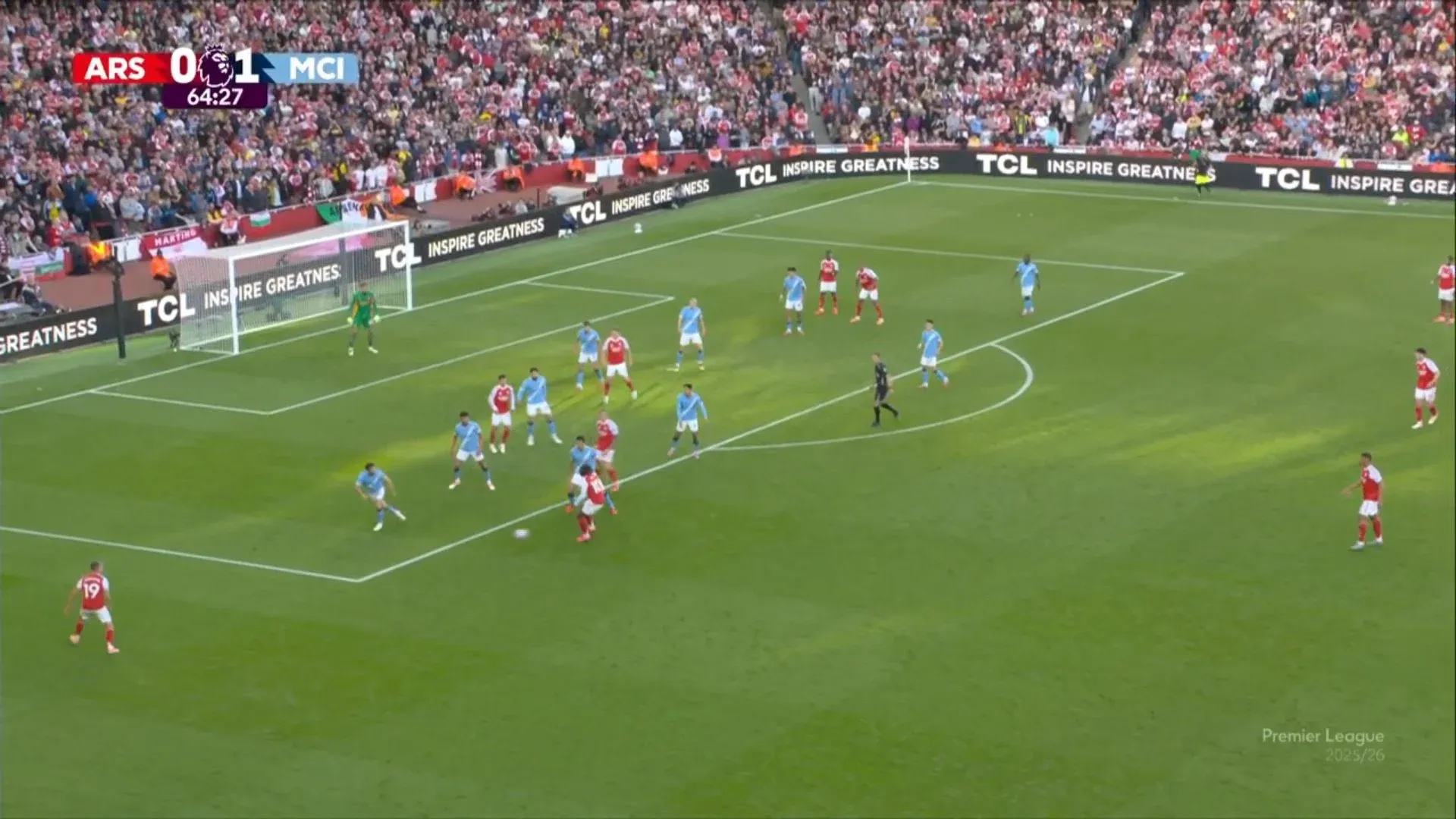
The Merino vs Eze Debate
The selection that drew the most heat was Arteta picking Merino ahead of Eze. On paper, yes, Eze offers more invention. But context matters. Merino was positioned on the right side of the midfield, tasked with pulling wide and being an extra outlet around City’s press. Eze is a more natural left-sided player and hasn’t logged enough minutes in that role.
By picking Merino, Arsenal lost some ball progression through the middle. That much is true. But they also gained defensive structure and an option to help with buildup on the right. It wasn’t flashy but it absolutely wasn’t thoughtless conservatism as well.
When Eze came on at halftime, the difference was obvious. His ability to carry the ball, commit defenders, and feed attackers gave Arsenal a sharper edge. His assist for Martinelli’s equaliser highlighted why many wanted him from the start. But it’s easy to ignore what made his impact possible: City’s lines had already started to drop deeper, and Arsenal had established territorial control.
Eze’s energy was perfectly timed against a tiring opponent. That doesn’t mean Arteta blundered for 45 minutes. It means he managed the game in phases. Start structured, finish expansive.
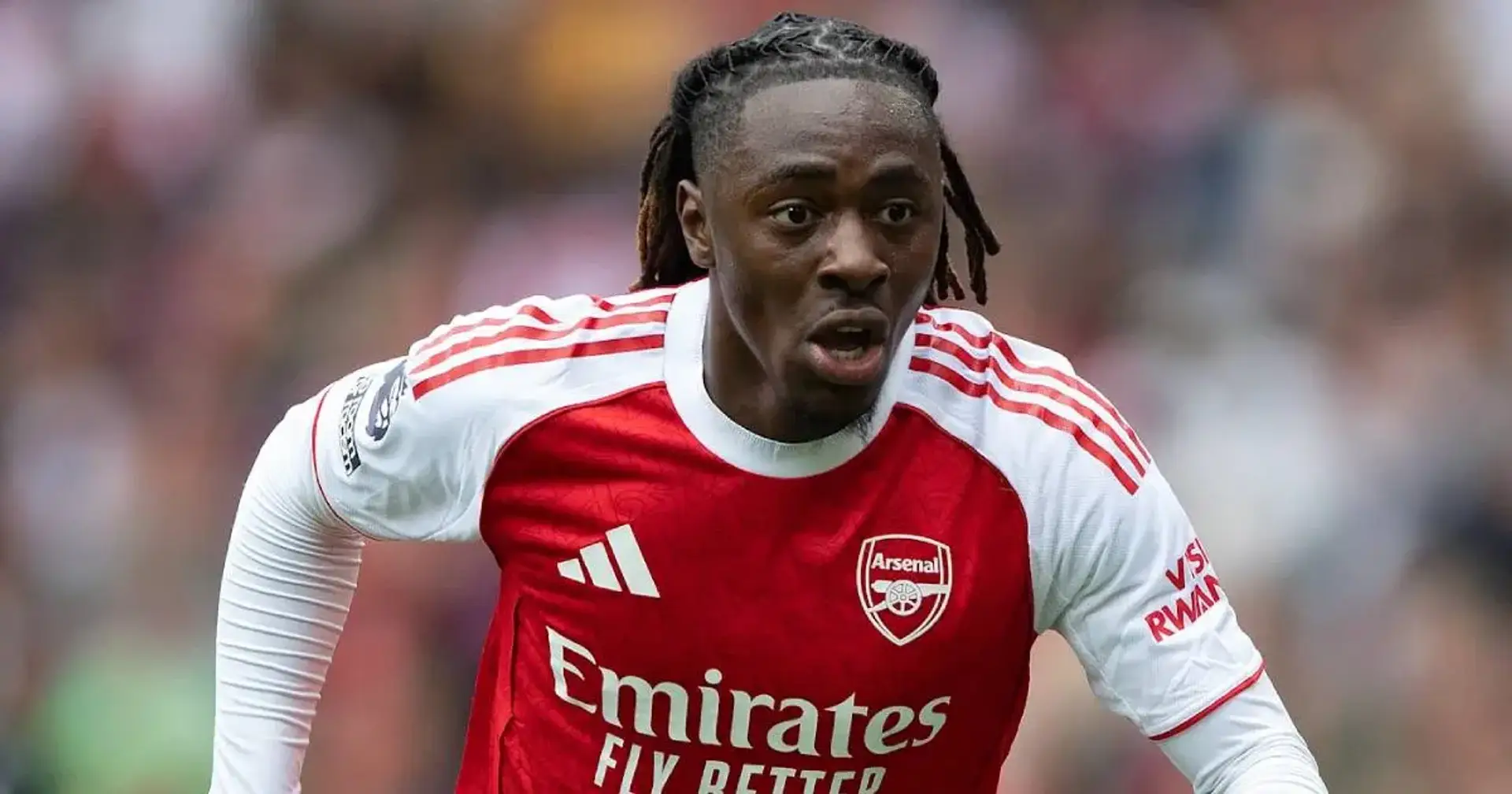
Martinelli Was Always the Missing Piece
What really shifted the game wasn’t Eze alone. It was Martinelli. Without his pace and direct running, Arsenal lacked off-ball movement to drag City’s defenders out of their block. Once he came on, the threat of him sprinting in behind created anxiety for Guardiola’s back line.
The equaliser summed it up: Eze provided the vision, but Martinelli’s timing and execution broke City’s resistance. That’s exactly the type of “finisher” Arteta has been talking about — players who don’t just come on to rest others, but to decide games.
"I think they wasted 45 minutes."
— Sky Sports Premier League (@SkySportsPL) September 21, 2025
Jamie Carragher challenges Mikel Arteta’s tactics during big matches 😮 pic.twitter.com/x3Q9AF7cXB
Pragmatic or Just Sensible?
The obsession with labelling Arteta pragmatic misses the point. His first-half plan wasn’t exciting, but it was functional against a team that shut down the middle of the pitch and scored early. Starting gung-ho and leaving space to exploit would have been reckless. Instead, Arsenal controlled possession, grew into the game, then released more creative players when City were tiring. You can call that cautious but it looks calculated from this viewpoint.
This draw showed two things about Arsenal. First, the squad depth is real. Eze and Martinelli off the bench would walk into most Premier League starting elevens, and yet here they were changing a game late on. Second, Arteta isn’t managing with fear. He’s managing with a plan. A plan that sees substitutes as finishers, not backups.
The criticism from ex-pros like Carragher and Keane reflects an older school of thinking where risk is seen as bravery and patience as timidity. Modern football is about phases, balance, and timing. Against City’s ultra-defensive setup, there was no perfect solution. But salvaging a point and finishing stronger was the logical outcome of Arteta’s approach.
The Bottom Line
Martinelli’s stoppage-time lob saved the headlines from being about wasted chances and cautious selections. But even if the Brazilian hadn’t scored, Arsenal’s setup (and City’s) deserved more credit than it got.
Yes, Arteta could have started Eze. Yes, he could have rolled the dice earlier. But against City’s defensive stranglehold, his so-called pragmatism was less about playing safe and more about managing risk intelligently.
This wasn’t a wasted 45 minutes. It was a reminder that Arsenal’s manager is playing the long game, with him saying “we’ll be fine” after the game. It is now clear squad depth, substitutions, and timing matter just as much as starting lineups.
Most Read
